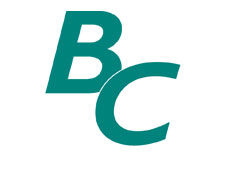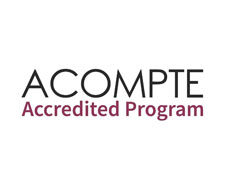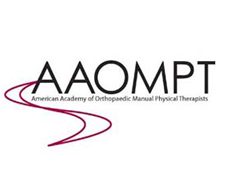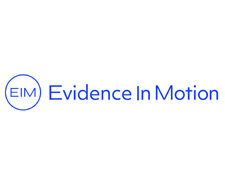Orthopaedic and Manual Physical Therapy (OMPT) Fellowship
Our programs are committed to developing stewards of the physical therapy profession, evidence-based practitioners and clinician scientists. Graduates will be critical thinkers, reflective, empathetic, and lifelong learners.

Orthopaedic and Manual Physical Therapy (OMPT) Fellowship
Bellin College’s OMPT Fellowship is an evolution of the highly regarded Evidence in Motion™ (EIM) OMPT Fellowship which has been a hallmark of the physical therapy profession in elevating clinical leadership. The AAOMPT-recognized Fellowship in Orthopaedic Manual Physical Therapy helps therapists gain the highest-level skills in the integration of advanced manual physical therapy techniques, educating students and fellow PT’s, performing clinic-based research, and leading in the business of PT.
The Bellin College OMPT Fellowship program is a 40 credit, flexible, cost-effective, and achievable program from a work/life balance perspective. This program can be paced to accommodate personal life and spread over 18 months to 4 years. Data demonstrates that past-EIM Fellows perform in the top 10% of the profession (based on Focus on Therapeutic Outcomes™ scores). Graduates are primed for leadership in the teaching of orthopaedic manual physical therapy, as well as active participation and contribution to clinical research.
The Fellowship is accomplished through a dynamic fusion of didactic, collaborative, and clinical education experiences using a combination of distance learning, online courses, weekend intensive hands-on courses, and clinical practice hours.
The value of the Fellowship
View the article authored by past and current Bellin College program directors and faculty regarding the value of participation in the Fellowship.
The OMPT Fellowship program is flexible, achievable from a work/life balance perspective, and cost-effective. Students may have already completed significant coursework towards Fellowship. This feasible program can be paced to accommodate personal life and spread over 2 to 3 years. Program starts in January or May. OMPT Fellowship Program Goals & Outcomes OMPT Fellowship Participant/Graduate Goals & Outcomes OMPT Fellowship Faculty Goals & Outcomes Graduation Requirements Tuition charges listed are for planning purposes only and are subject to change. Tuition and Fees Schedules are updated and published annually. Fellowship courses are delivered through a combination of online learning, as well as personal interactions within clinical and classroom/lab environment. Delivery of the online learning content may occur through a blend of face-to-face activities, or asynchronous means. Onsite weekend intensives are required for all management and technique courses. Students will have the option of attending weekend intensives at sites throughout the United States. Bellin College cannot accept/transfer credits toward completion of the OMPT Fellowship unless completed through Evidence in Motion ™. If you have already completed a Fellowship through another credentialed program, you may be eligible for transfer credit toward our Doctor of Science (DSc) degree. See the Doctor of Science in Physical Therapy section below for further information. Students who are only completing the OMPT Fellowship are not eligible for federal financial loans, but may be eligible for private educational loans. Students who commit to the entire DSc in PT program, which includes the fellowship, may be eligible for federal loans. Yes, contact the Bursar, Bellin College’s school certifying official at (920) 433-6640, bursar@bellincollege.edu or view the Bellin College veteran’s information page. Yes, a $500 tuition deposit is due with return of the student acceptance contract and is credited toward tuition. Bellin College offers a per semester payment plan, additional information and how to enroll is included in the e-bill notification. Contact the Bursar Office at bursar@bellincollege.edu or (920)-433-6640 with any additional questions. The Bellin College Fellowship typically takes 24-36 months to complete, although fellows in training have 4 years (48 months) of enrollment to complete the program. Exceptions to the time frame may be made by the Program Director on a case-by-case basis, with a firm limit of 60 months. Depending on the specific course, the fellow in training (FiT) should plan on spending on average 12-20 hours per week devoted to their studies. This varies based on prior education preparation, which courses the FiT is enrolled in, and academic efficiency of each FiT. FiT’s are required to attend the four core management class weekend intensives (WI’s) as a student, with sites available across the United States. FiT’s may attend additional WI’s as desired at no additional cost. There are also two required FiT-only weekend intensive courses to attend. The Bellin College Fellowship is accredited by the Accreditation Council on Orthopaedic and Manual Physical Therapy Fellowship Education (a division of the American Academy of Orthopaedic and Manual Physical Therapists) as a post-professional fellowship program for physical therapists. Please contact admissions@bellincollege.edu or (920) 433-6650. Go to the mentorship resources pageStudents with prior credits
Students with no credits
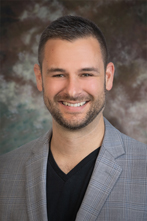

Mark Shepherd,
PT, DPT, OCS, FAAOMPT
Program DirectorAnn Wasmund
Program Support

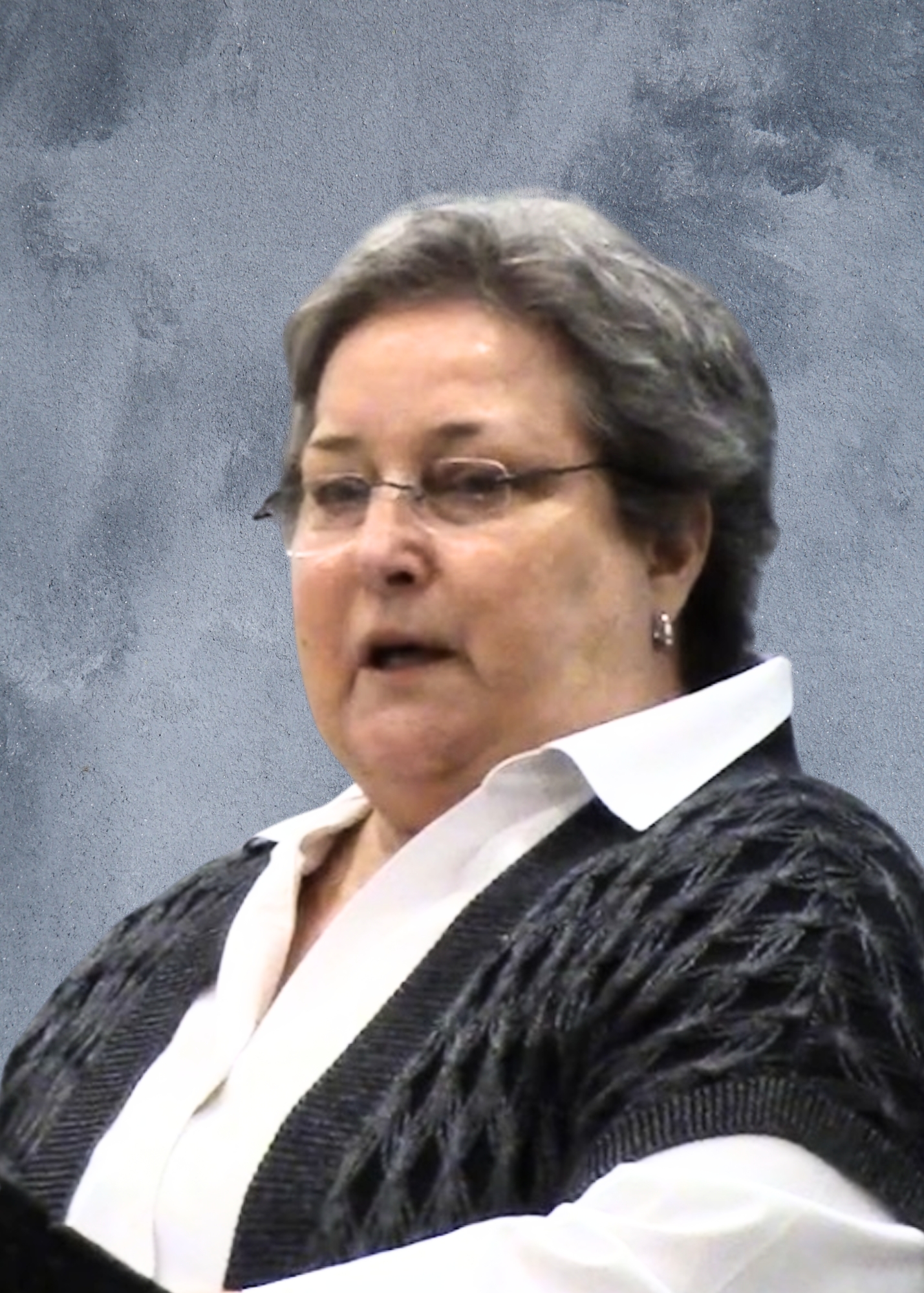
Tom Adderley,
PT, OCS, FAAOMPTBarbara Stevens,
PT, GDMT, MBA, Hon FAAOMPT
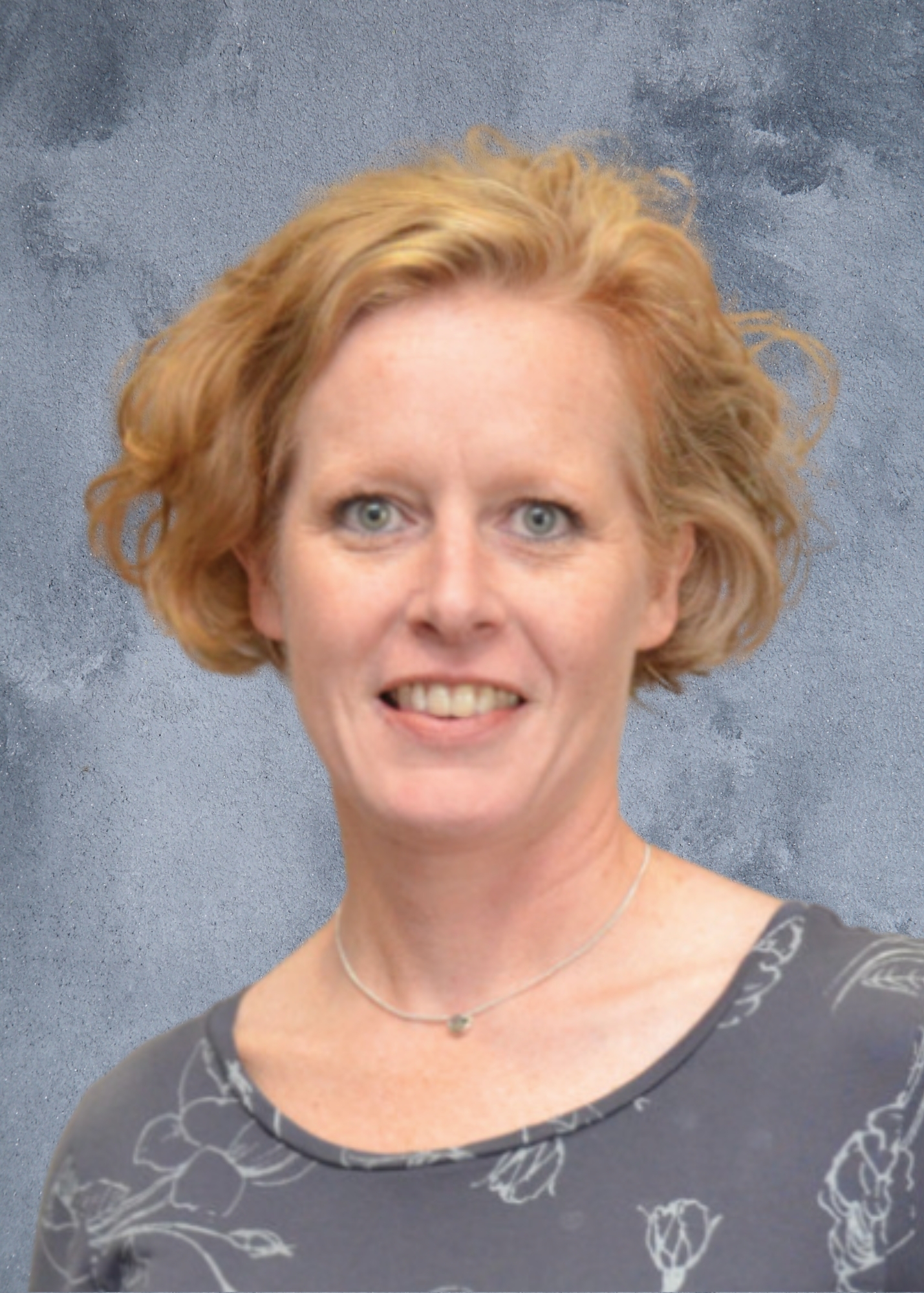
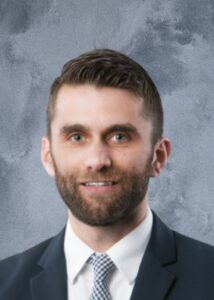
Megan Robinson,
PT, DPT, OCS, FAAOMPTMarcos Lopez,
PT, DPT, OCS, FAAOMPT
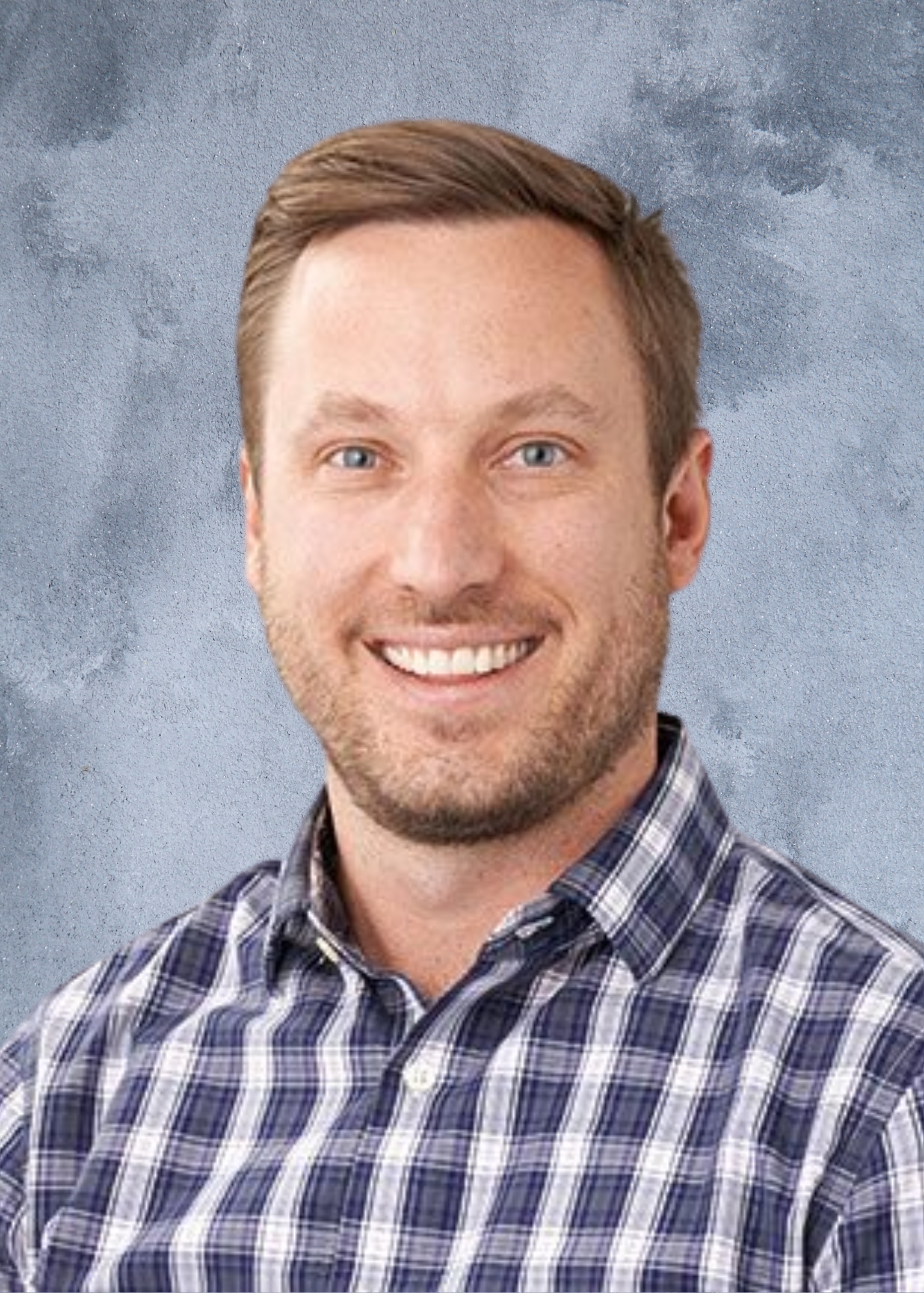

Travis Gunderson,
PT, DPT, OCS, FAAOMPTJJ Ferguson,
PT, DPT, DSc, OCS, SCS, FAAOMPT
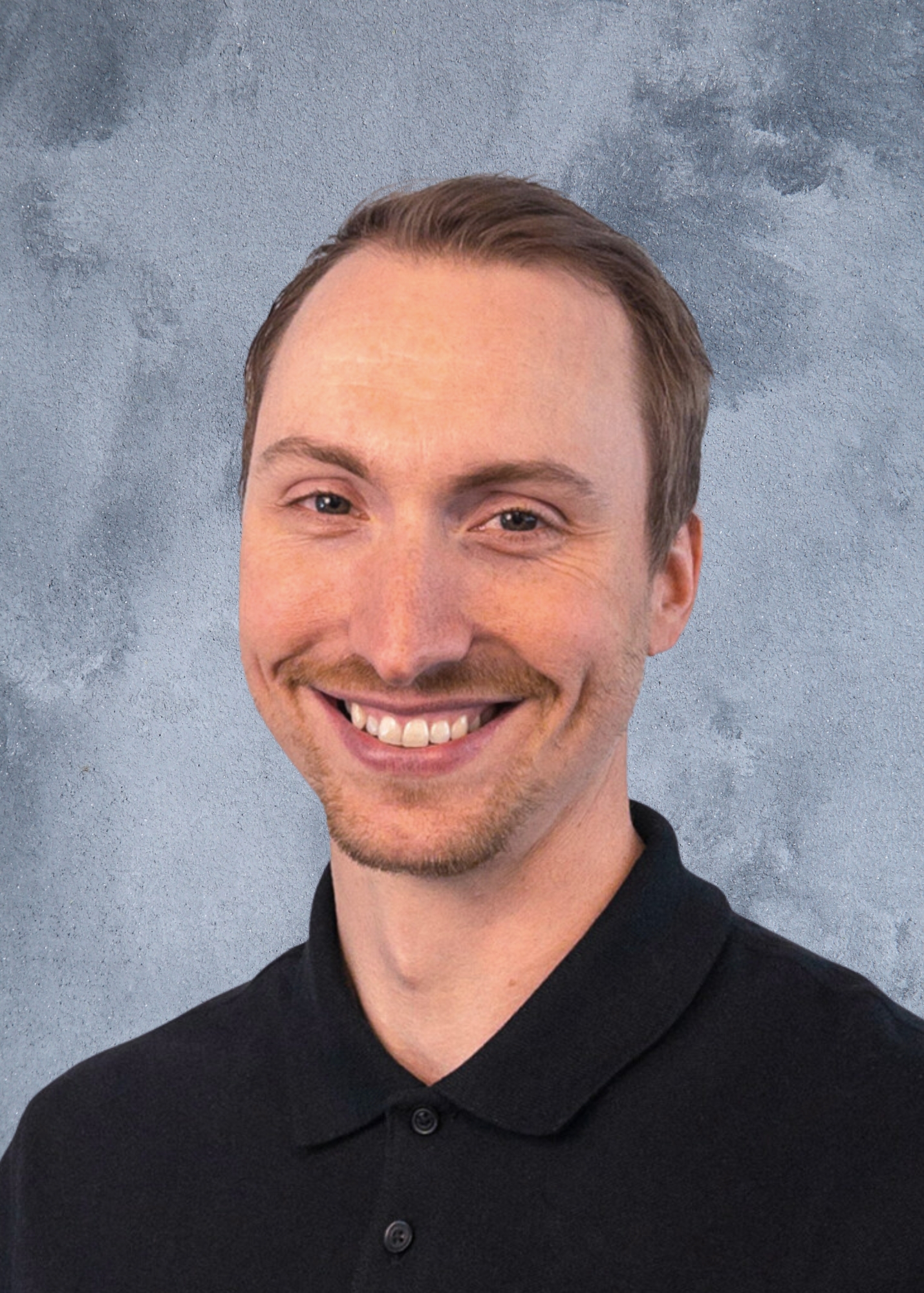

Andrew Bernstetter,
PT, DPT, OCS, FAAOMPTLuc Hammond,
PT, DPT, OCS, FAAOMPT
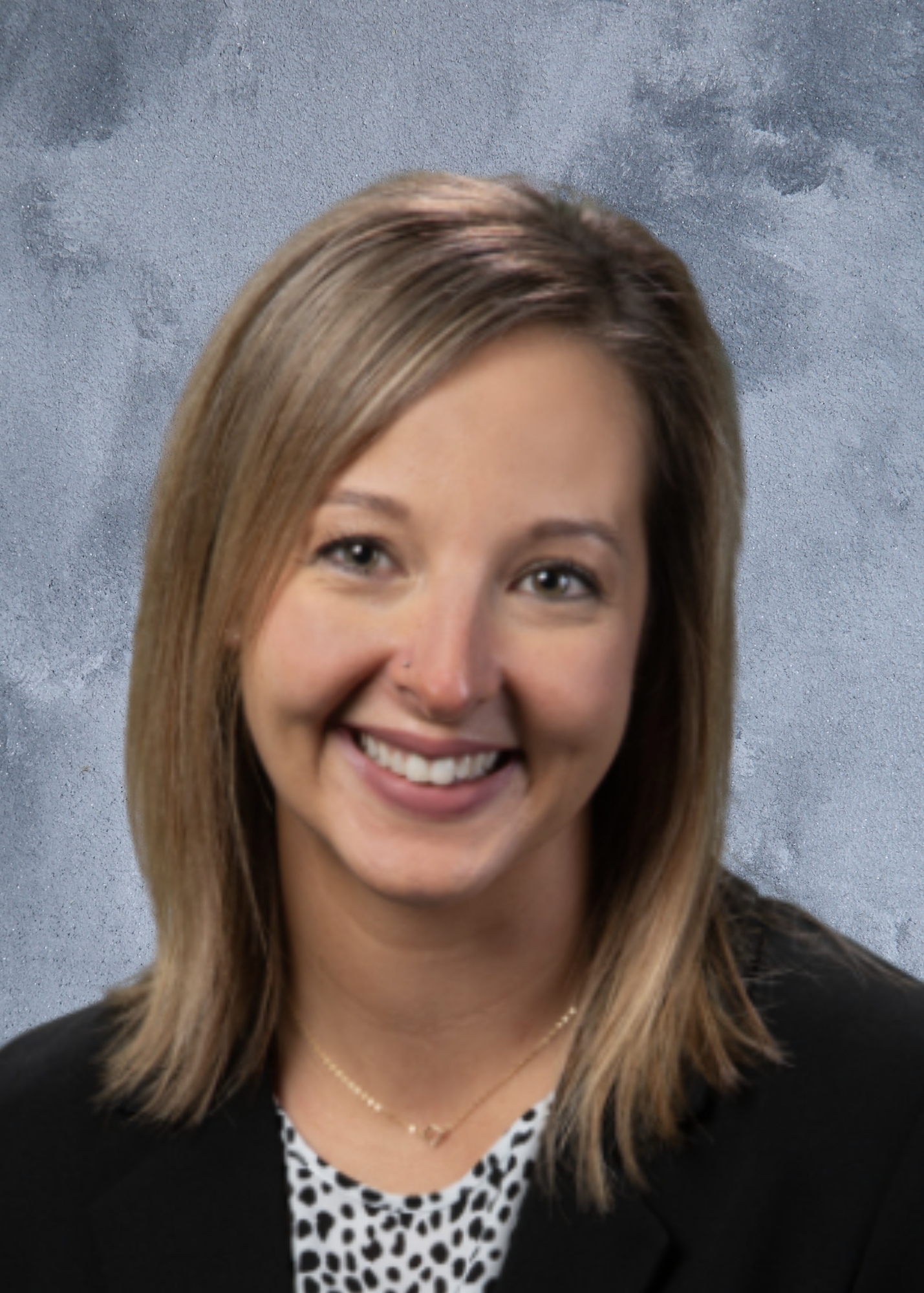

Elise Tamburelli,
PT, DPT, OCS, FAAOMPTDanielle Keldermans,
PT, DPT, OCS, FAAOMPTAre transfer credits accepted?
Is financial aid available?
Am I able to utilize my Federal Veteran’s Administration (VA) Benefits?
Is there a tuition deposit?
What sort of payment plans are available?
How long will it take me to complete?
How many hours per weeks should I set aside?
How much travel is required?
Is the Fellowship accredited?
Additional questions?
Questions?
Please contact Bellin College Admissions at Admissions@bellincollege.edu,
(920) 433-6650, or use our online contact form.


